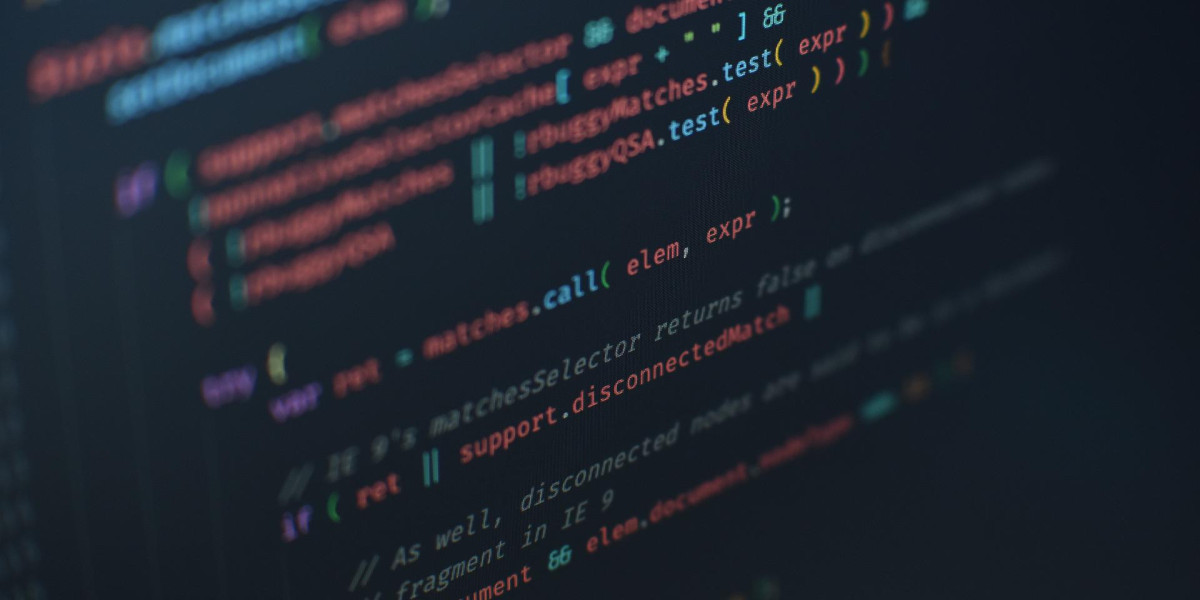In the world of Java programming, statements are the backbone of code execution, enabling developers to create logic, perform actions, and manipulate data. Java, a versatile and widely used programming language, offers various types of statements, each serving distinct purposes within a program. These statements form the basis for building robust and efficient Java applications. In this article, we will explore the different types of statements in Java programming, shedding light on their individual. You should also study conditional statements in Java. characteristics, syntax, and real-world applications.
In Java programming, statements are instructions that make up the code and dictate the actions that the program should perform. Java provides several types of statements, each serving a specific purpose in controlling program flow and behavior. Here are the main types of statements in Java:
Expression Statements:
An expression statement is the simplest type of statement in Java. It consists of a single expression followed by a semicolon (;). The expression is evaluated, and its result is discarded. Expression statements are commonly used for method calls or assignments. For example:
int x = 5;
myFunction();
Declaration Statements:
Declaration statements declare variables and their types. They establish a variable's name and data type, allowing you to store and manipulate data in the program. For example:
int age;
double price = 12.99;
Control Flow Statements:
Control flow statements determine the flow of program execution based on conditions and loops. They include:
Conditional Statements (if, else if, else): Conditional statements allow the program to make decisions based on specific conditions.
if (condition) {
// Code to execute if condition is true
} else if (anotherCondition) {
// Code to execute if anotherCondition is true
} else {
// Code to execute if no condition is true
}
Switch Statement: The switch statement provides a way to choose between multiple code blocks based on the value of an expression.
switch (day) {
case 1:
// Code for Monday
break;
case 2:
// Code for Tuesday
break;
// Other cases
default:
// Code for other days
}
Loop Statements (for, while, do-while): Loop statements allow code to be executed repeatedly.
for (int i = 0; i < 5; i++) {
// Code to repeat five times
}
while (condition) {
// Code while the condition is true
}
do {
// Code to execute at least once, then while the condition is true
} while (condition);
Jump Statements:
Jump statements alter the flow of control in a program. They include:
break: The break statement is used to exit a loop or switch statement prematurely.
continue: The continue statement is used to skip the current iteration of a loop and proceed to the next iteration.
return: The return statement is used to exit a method and return a value to the caller.
These various types of statements in Java allow developers to create structured, efficient, and readable code for a wide range of applications. By combining these statements effectively, programmers can control program flow, make decisions, and iterate over data, ultimately achieving the desired functionality in their Java programs.
Statements in Java programming are essential for controlling program flow and behavior, and they find numerous real-life applications across various domains. Here are some real-life applications of statements in Java programming:
User Interfaces (UI) Development:
- In UI development, Java's control flow statements are used to respond to user interactions. For example, conditional statements can be employed to show or hide UI elements based on user input, and loops can be used to populate lists or tables with data. You should also study conditional statements in Java.
Web Development:
- Java is often used in web development, particularly for server-side programming. Control flow statements are used to handle HTTP requests and generate dynamic web content. Conditional statements help route requests to the appropriate handlers, and loops can be used to iterate over database records to generate HTML content.
Database Interaction:
- Java applications often interact with databases to store and retrieve data. Control flow statements are used to create, update, or delete database records based on user input or application logic. Loop statements help iterate over query results.
Game Development:
- Game development in Java requires extensive use of control flow statements. Conditional statements are used to manage game logic, such as determining whether a player has won or lost. Loop statements handle animations, game loops, and enemy behavior.
Financial Software:
- Financial applications frequently use Java for its robustness and security. Control flow statements are essential for executing complex financial calculations, managing investment portfolios, and generating financial reports. You should also study Java classloader.
Scientific Computing:
- Scientists and researchers use Java for scientific computing tasks. Java's control flow statements are used in simulations, data analysis, and visualization applications. Loops are employed to iterate through large datasets or perform numerical simulations.
IoT (Internet of Things):
- Java is used in IoT applications for controlling and managing devices. Control flow statements are crucial for handling sensor data, making decisions based on that data, and sending commands to IoT devices.
Mobile App Development:
- In Android app development, Java is one of the primary programming languages. Control flow statements help manage app navigation, user interfaces, and event handling.
Robotics and Automation:
- In robotics and automation, Java is used for programming robots and automated systems. Control flow statements are essential for controlling robot movements, decision-making, and reacting to sensor data.
E-commerce Applications:
- E-commerce platforms utilize Java to manage online stores, shopping carts, and payment processing. Control flow statements are used to handle customer orders, inventory management, and transaction processing. You should also study Java classloader.
The landscape of Java programming is rich and diverse, offering a wide array of statement types to suit various coding needs. From decision-making and looping to branching and method invocation, Java's statements empower developers to craft intricate algorithms and functional applications. Understanding the nuances and capabilities of each statement type is pivotal for Java programmers, as it enables them to write clean, efficient, and maintainable code that meets the demands of modern software development. With these tools at their disposal, developers can navigate the complex terrain of Java programming with confidence, delivering robust solutions that power a multitude of applications across diverse domains.



